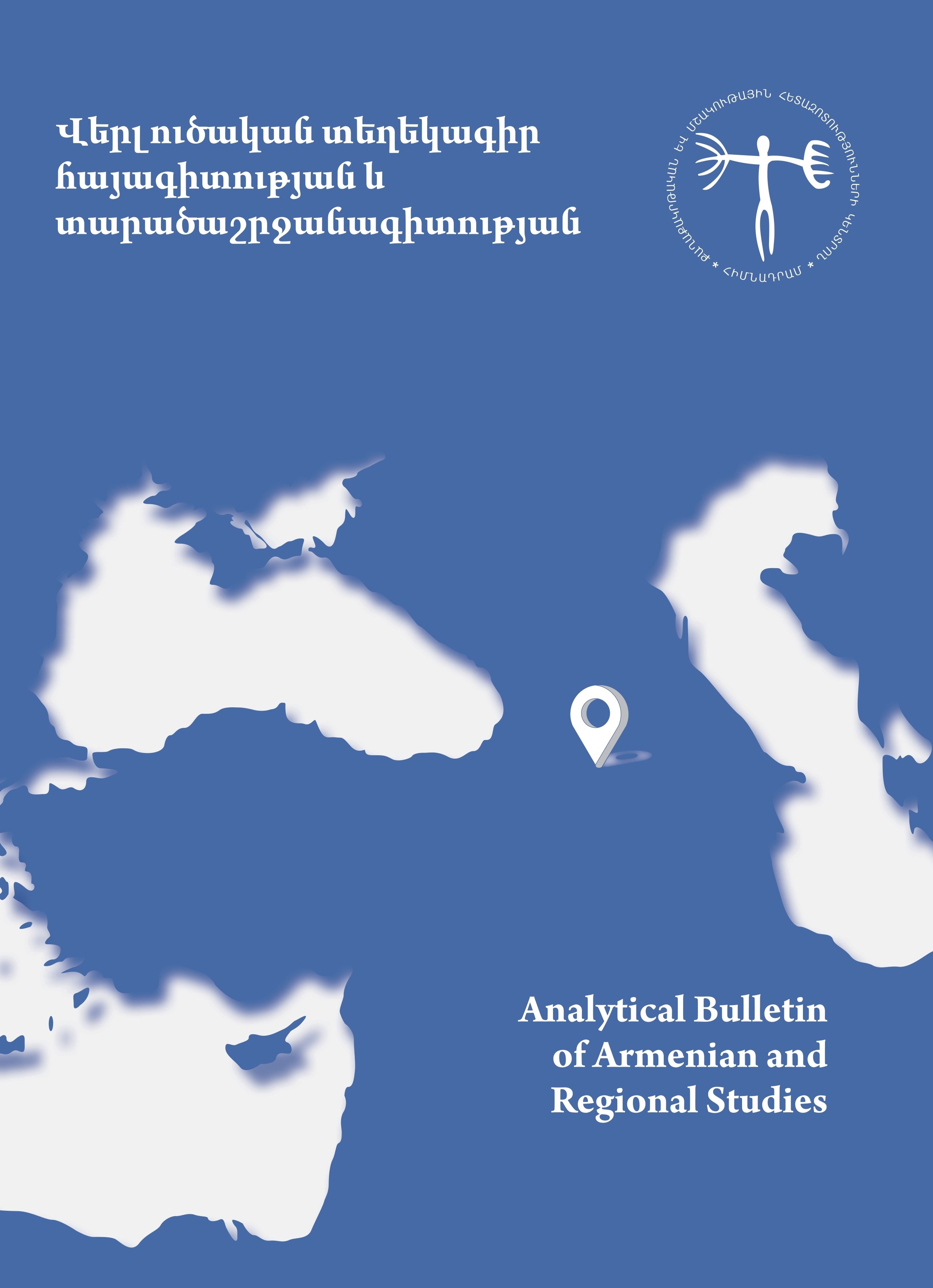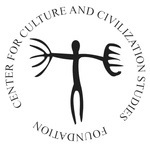ՀԱՅ-ԹՈՒՐՔԱԿԱՆ ՀԱՐԱԲԵՐՈՒԹՅՈՒՆՆԵՐԻ ՄԻՋԱԶԳԱՅԻՆ ՄԻՋՆՈՐԴՈՒԹՅԱՆ ՄԵԹՈԴԱԲԱՆԱԿԱՆ ԲԱՑԹՈՂՈՒՄՆԵՐԸ։
##semicolon##
Հայաստան, Թուրքիա, կարգավորում, հաշտեցում, միջազգային միջնորդություն, օժանդակություն, հակամարտող կողմեր, խաղաղություն հաստատող քայլեր##article.abstract##
To be able to discuss international mediation strategy of Armenian-Turkish relations we first need to summarize and categorize two types of mistakes made in the past: methodological and political. In an article published by World Politics Review (WPR) Daniel Bar-Tal describes two levels of peace building by international community, which faces the challenge of sustainable conflict resolution. The first is the process of conflict resolution itself by means of negotiations between the leaders of the parties in question, international mediation and arbitration. To be successful at this level one still needs popular support, without which official talks cannot be effective. The second level relates to “postconflict reconciliation”, which involves societal dialogue, permanent contacts between elite groups and individuals “that feed the conflict on both sides, in order to evolve a new repertoire that can serve as a foundation for stable and lasting peace1”.
##submission.citations##
Bar-Tal, Daniel, From Resolution to Reconciliation in Postconflict Societies, World Politics Review, September 25, 2012, http://www.worldpoliticsreview.com/articles/12360/from-resolution-to-reconciliationin-postconflict-societies, (02.08.2014)
See also: Shougarian, Rouben, Evolution of American Interests in the Black Sea/South Caucasus Region and Mediation of Armenian-Turkish Relations. Normalization, reconciliation and transitional justice, SPECTRUM, Regional Security Issues: 2011, Center for Strategic Analysis, Yerevan, 2012
Ibid
Auerbach, Yehudith, Forgiveness and Reconciliation: The Religious Dimension, Terrorism and Political Violence, Vol. 17, Issue 3, 2005, Routledge, Taylor and Francis Group, http://www.tandfonline.com/doi/pdf/10.1080/ 09546550590929174#.VdZss0U1InI, (12.06. 2015)
Žagar, Mitja (2010) "Rethinking Reconciliation: The Lessons from the Balkans and South Africa," Peace and Conflict Studies: Vol. 17: No. 1, Article
http://nsuworks.nova.edu/pcs/vol17/iss1/5, (02.06.2015)
Hill, Kirisci, and Moffatt, Andrew http://www.brookings.edu/experts/kiriscik
Zalewski, Piotr, Abnormalisation: The Bumpy Road to Turkey-Armenia Rapprochement, 17 December 2009, Centre for European Policy Studies (CEPS), http://www.ceps.eu/system/files/book/2009/12/TurkishArmenian%20Rapprochement%20e-version.pdf (16.09.2014)
Laitin, David D. and Suny, Ronald Grigor, Armenia and Azerbaijan: Thinking a way out of Karabakh, middle east policy, vol, vii, no. 1, p.162, october 1999
Zalewski, Piotr, Ibid 13Ter-Matevosyan, Vahram, What Political Solutions between Turkey and Armenia? REPAIR, Armeno-Turkish Dialogue Platform, Oct. 22, 2014, http://repairfuture.net/index.php/en/armenian-genocide-recognition-and-reparationsstandpoint-of-armenia/2015-what-political-solutions-between-armenia-and-turkeyarmenian, (11.12.2014)





